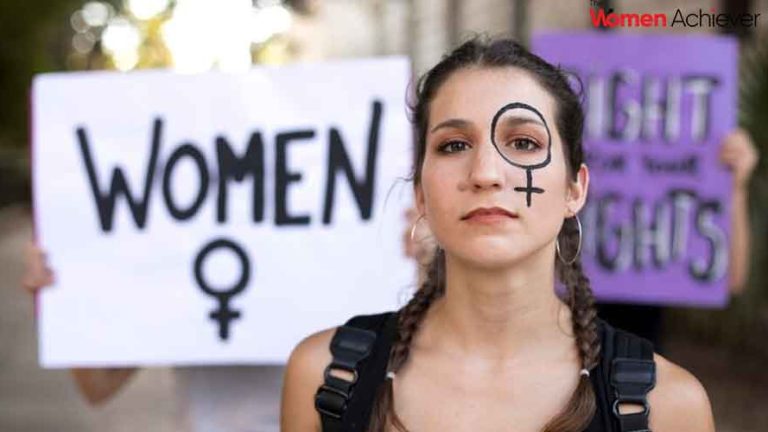From Hope to Horror: The Grim Reality of Foreign Women in India’s Sex Trade
Many foreign women have been driven into the terrible realities of human trafficking and the exploitation of women in India’s sex trade. These women are frequently drawn in by the allure of better lives and jobs, but they ultimately become victims of one of the most horrible crimes against humanity: sex trafficking.
The Allure of Empty Words
Many foreign women travel to India in search of better employment opportunities; traffickers frequently use the lure of employment in the hospitality, domestic services, or even entertainment sectors to seduce their victims. These women, who are from Southeast Asian nations like Bangladesh, Thailand, Uzbekistan, Nepal, and others, are susceptible to these tricks and can easily have their dreams turned into nightmares.
They lose their independence, dignity, and documents as soon as they reach India. These women, who are deceitfully trafficked across borders, end themselves in urban centers under the authority of pimps, compelled to work in massage parlours or brothels, or stuck in the sex trade. Many people believe that there is no way out since the people that traffic in them use violence, intimidation, and psychological manipulation to keep them under control.
Sexual Abuse in the Profession
The organized and widespread sex trade in India preys on the weakest, especially foreign women who frequently face extra difficulties including cultural and linguistic limitations. These women, who are exploited in red-light districts of cities like Delhi, Mumbai, and Kolkata, live in appalling conditions and are frequently victims of sexually transmitted infections, malnourishment, and physical violence.
Because these women lack documentation, their traffickers take advantage of this, making it very difficult for them to get assistance. Many people are still caught in this cycle of exploitation because they have few legal options and are afraid of facing consequences for entering the country illegally.
Organized crime’s role
For organized crime syndicates in India, trafficking people for the purpose of sexual exploitation is a profitable business. Because of the victims’ native countries’ corruption, poverty, and lack of education, these criminal networks have set up channels for smuggling women into the nation. Women are trafficked not only outside of India but also within its borders, resulting in a network of exploitation that crosses national borders and urban centers.
This trade is fueled by the increasing demand for commercial sex in both urban and rural regions, which turns foreign women into expendable commodities for financial gain. After being trafficked, they have little chance of escaping and their lives are reduced to simple transactions.
Social and Legal Difficulties
Although India has laws in place to prevent human trafficking, these laws are frequently not enforced consistently, and victims may not always be able to access or get justice. Although sex trafficking is illegal under the Immoral Traffic (Prevention) Act (ITPA) and other rules, many traffickers get away with it because of corruption, a lack of cooperation among law enforcement, and the difficulty of the crime itself.
Due to the possibility of deportation due to their undocumented status, foreign women ensnared in the sex trade face additional legal hurdles rather than protection as victims of trafficking. Furthermore, the stigmas associated with prostitution in society foster an environment in which victims are frequently held accountable or stigmatized, further excluding them from the assistance they require.
Recovery and Salvation
Many advocacy groups and non-governmental organizations (NGOs) are putting forth endless effort to rescue and rehabilitate foreign women who are victims of the sex traffic. Through education, counselling, medical attention, and vocational training, these groups assist victims in starting again. There are still issues, though, since a lot of survivors deal with trauma, fear of traffickers’ retaliation, and social rejection.
International organizations are working more closely with local governments and stepping up their efforts to fight human trafficking, but structural change is still required to keep vulnerable women out of this terrible trade.
An Appeal for Inaction
Foreign women involved in the sex trade in India face a humanitarian situation that calls for swift and ongoing intervention. To stop cross-border trafficking, governments must bolster anti-trafficking legislation, promote international collaboration, and guarantee the protection and rehabilitation of victims. To tackle this issue at its core, public awareness campaigns, support for NGOs operating in this area, and advocacy for survivors are essential.
In the absence of meaningful change, a great number of women will suffer in silence, their dreams of a better life crushed beneath them.
Conclusion: This article calls for more awareness and institutional efforts to combat human trafficking and protect victims by shedding light on the horrific experiences that international women have in India’s sex trade.





Add comment